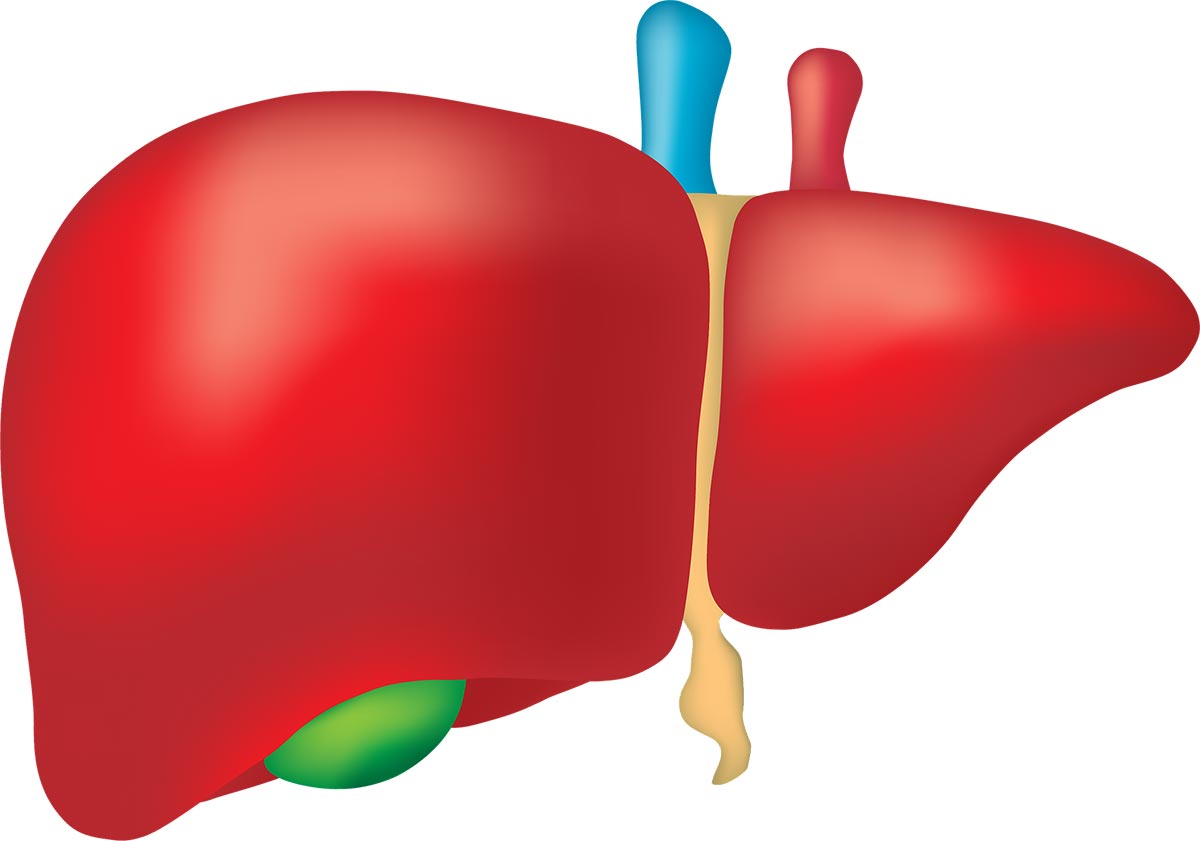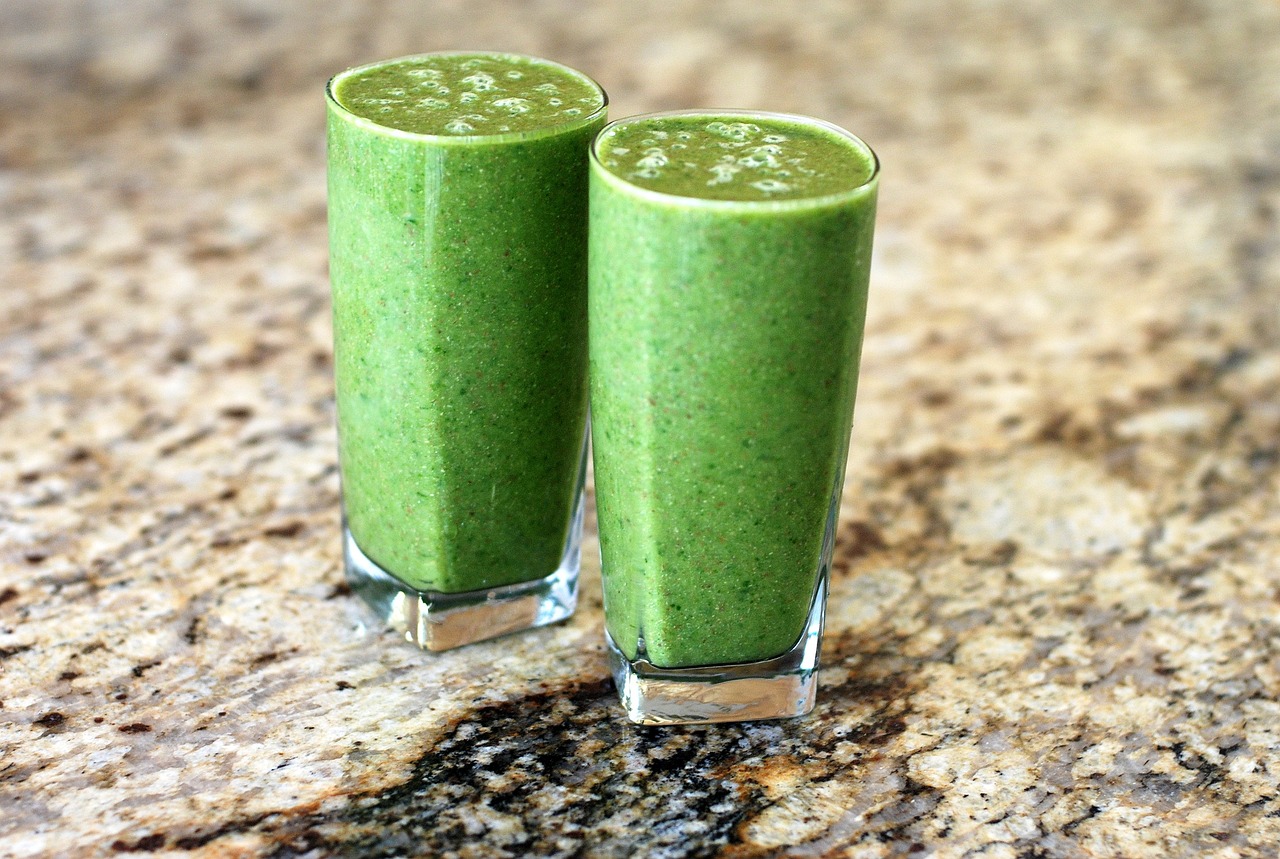Nutrition is the cornerstone of health, shaping everything from your energy levels to your longevity. It's more than calorie counting or a passing diet trend—it’s about understanding what your body needs and how to provide it. With the right nutritional strategies, you can enhance your fitness, fight diseases, and feel your best every day. Let’s dig into the science behind nutrition and learn how you can use it to transform your life.
The Role of Protein and Carbohydrates in Your Diet
Protein is vital for growth, repair, and maintaining muscle mass. Whether you're sedentary or an athlete, protein plays a central role in your body’s overall functionality. For sedentary individuals, approximately 0.75 grams of protein per pound of body weight per day suffices. However, athletes may require up to 2 grams per pound to support their intense physical demands. To maximize protein absorption and effectiveness, consider protein cycling. Gradually increasing protein intake in stages allows the body to adapt and absorb nutrients more efficiently, reducing waste. This approach ensures you’re giving your muscles what they need without overloading your system.
Carbohydrates are not the enemy. They provide the primary energy source for your body and are crucial for maintaining brain function, brain health and physical activity. Foods like cereals, potatoes, fruits, and vegetables are rich in carbohydrates and fiber, offering protection against diseases such as heart conditions and diabetes. Understanding the Glycemic Index (GI) is key to choosing the right carbs. Low-GI foods release glucose slowly, providing sustained energy, while high-GI foods cause rapid spikes and crashes. Opting for low-GI foods helps maintain steady energy levels throughout the day.
The Truth About Superfoods and Vitamins, Minerals, Supplements
Superfoods, also known as functional foods, go beyond basic nutrition to offer specific health benefits. From fighting inflammation to boosting immunity, these nutrient-dense options include berries, leafy greens, nuts, and seeds. However, it’s important to approach superfoods realistically. While they’re a great addition to your diet, they’re not miracle cures. Consistency in consuming a variety of these foods makes a difference over time. While a balanced diet generally provides the necessary vitamins and minerals, supplementation can be beneficial in certain cases. For example, athletes may need additional nutrients to recover from intense training, and pregnant individuals might require more folic acid or iron.
Herbal supplements like echinacea and ginkgo are popular for their potential to enhance daily life by improving immunity and cognitive function. However, always ensure the products you choose clearly list their active ingredients and are approved for safety. Consulting with a healthcare professional before introducing supplements is crucial.
The Importance of Good Fats
Contrary to outdated beliefs, fat is essential for optimal health. The right kinds of fats—found in fish, nuts, seeds, avocados, and cold-pressed oils—support skin health, hormonal balance, and metabolic efficiency. Avoid trans fats and excessive saturated fats, which contribute to clogged arteries and high cholesterol levels. Instead, incorporate omega-3 fatty acids into your diet for their anti-inflammatory properties and heart health benefits.
Embrace Dietary Diversity
A diverse diet is your best defense against chronic illnesses like cancer and cardiovascular diseases. Consuming a rainbow of fruits and vegetables ensures you receive a wide range of nutrients and antioxidants. Experimenting with different foods each month keeps your meals exciting while broadening your nutritional profile. Simple habits, such as eating an apple a day, can yield significant benefits. The pectin in apples supports digestive health by removing toxins, further underscoring the value of dietary variety.
Applying these nutritional principles doesn’t require drastic changes. Start small: incorporate good fats, choose low-GI carbohydrates, and add superfoods to your meals. Supplement wisely, and ensure you’re meeting your protein and vitamin needs. Over time, these habits will become second nature, laying the foundation for a healthier, more vibrant life.













